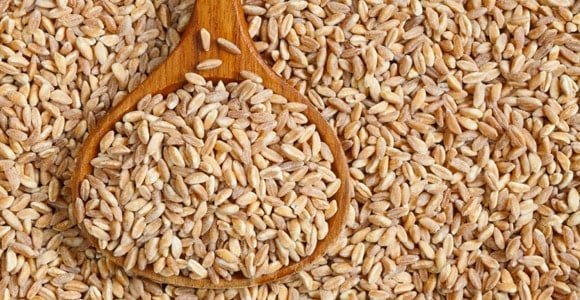Does fiber improve digestion?

Nutritionists are of the opinion that 30-50 grams of fiber is the optimal daily amount, which will ensure the faster passage of food through the digestive system.
But there are also opinions that the intake of such large amounts of fiber causes bloating and worsening of intestinal peristalsis, as it performs the function of a “crutch” that makes the intestines lazy.
And naturopaths believe that 90% of diseases start in the colon, and people for whom constipation has become a daily routine are at the greatest risk.
And gastrointestinal symptoms are the most common reasons people seek medical help. In most cases, the complaints are heartburn, stomach discomfort, irritable bowel syndrome, flatulence, bloating, too often belching and constipation.
The following are ways in which fiber improves digestion and overall health.
For better digestion and as a preventive measure against diseases of the organs of the gastrointestinal tract, it is desirable that a person eat a lot of fresh fruits, vegetables, legumes and whole grains.
But you should keep in mind that it is necessary to increase the amount of fiber taken in food slowly and gradually and this should continue until you feel that your digestive system is functioning normally.
If up to now fruits and vegetables or especially fiber have not been present in your diet, do not try to start taking 30 grams of ballast substances from tomorrow. Such a drastic change would cause gastrointestinal symptoms such as diarrhea, bloating and gas.
If you are a non-smoker, but grew up with a mother who smokes, eat more fiber in your diet and you will prevent the re-development of respiratory diseases that often occur in children who are exposed to second-hand smoke.
>
Fibers are of two types – soluble – contained in cereals, seeds and legumes and insoluble – their source is fruits and vegetables. Intake of both types is necessary to achieve optimal digestion.
Ballast substances facilitate the absorption of useful substances from food, because in their presence this process proceeds much more smoothly.
Foods containing fiber limit inflammatory processes and protect tissues from the harmful effects of free radicals. And this is of extremely great importance for people suffering from diabetes, since ballast substances help to maintain blood sugar at low levels.
Research results show that people who consume more whole grains – the best source of fiber – are 30% less likely to develop cancer compared to those who consume smaller quantities of them.
Food sources of fiber are also rich in antioxidants, which protect cells from damage and help supply the cardiovascular system with nitric oxide.
The nitrogen compound relaxes the blood vessels, preventing the development of hypertension, the formation of arterial clots, atherosclerosis and any other diseases of the cardiovascular system.
Ballast substances have been found to bind to estrogen molecules, blocking their absorption into the bloodstream. And with reduced levels of circulating female sex hormones in the body, the likelihood of cancer, both breast and and the prostate.
Fiber-rich foods support the function of all organs and systems in the body, not just the digestive system.
We must not forget that for good intestinal peristalsis, in addition to fiber, sufficient fluid intake is also necessary.
The gastrointestinal system performs the function of a secondary immune system and when digestion is normal, our body is in good health.



